>> Yen Bai develops sustainable forests
>> Yen Bai actively protects forest resources
>> Yen Bai strives to plant 15,500 hectares of forest by 2025
>> Yen Bai is ready to take the lead in forest carbon credits
In Yen Bai, although there have been some pioneering models, the circular economy has not really become a driving force for change in the forestry industry. So, what should Yen Bai do to turn the circular economy from a theoretical concept into a practical development trend?
Yen Bai province is proud of its impressive forest area, reaching over 462,536 hectares and forest coverage reaching 63%. According to the plan until 2030, the province's planned forestry land area is expected to expand to 483,684 hectares. Promoting the strength of its resources, the province has established many facilities producing plywood, bio-pellet, cinnamon essential oil, plywood, meeting domestic demand and exporting to markets such as Japan, Korea, and the EU.
However, the Yen Bai forestry industry still has bottlenecks that need to be resolved for sustainable development towards a circular economy. The current production process still has many raw processing stages, leading to low added value and limited competitiveness. The amount of waste from exploitation and processing has not been effectively managed and utilized, causing significant impacts on the environment.
Although Yen Bai has made efforts to manage domestic solid waste, treating specific types of waste from the forestry industry in a circular economy approach remains a major challenge. In recent years, a number of enterprises and cooperatives in Yen Bai have begun implementing a circular economy model, utilizing waste to create valuable products.
For example, the Vietnam Cinnamon Cooperative in Tran Yen district has linked production and consumption of organic cinnamon products, creating a major shift in developing cinnamon trees towards commodities, forming a value chain and opening the door to exports, bringing high economic efficiency and ensuring labor safety for members.
Recently, the Erex Sakura Yen Bai Biomass Fuel Plant Project in Bac Van Yen Industrial Park, by utilizing by-products from agriculture and forestry processing to produce electricity, not only reduces waste but also creates a valuable source of renewable energy. In addition, the trend of using wood scrap to produce fuel pellets is also increasingly attracting the attention and implementation of many wood processing enterprises.
Yen Bai province's focus on developing concentrated raw material areas associated with processing and consumption according to the value chain is also a right step, creating the premise to optimize resource use and minimize waste throughout the entire production cycle. These models show that the circular economy not only contributes to protecting resources but also opens up opportunities for sustainable development for the forestry industry. Although there have been successful models, the problem is that the circular economy has not really accounted for a large proportion of the Yen Bai forestry industry.
The reasons come from many barriers. Applying waste recycling technology requires a large amount of capital, while most forest product processing enterprises do not have enough financial resources to invest in advanced technology. Financial support policies from the State are still limited, not creating motivation for enterprises to boldly innovate production models.
The Government has set out the policy of developing a green economy and a circular economy, but for the province's localities, the support policy is still general, without specific tax and credit incentives for businesses recycling forest waste products. In addition, the legal system on quality standards and inspection processes for recycled products is also incomplete, causing difficulties for businesses when bringing products to market.
In addition, most businesses still focus on exporting raw materials and do not pay attention to deep processing. The reason is not only due to lack of capital but also because there is not enough awareness of the long-term benefits of the circular economy. When there is no strong pressure from the market or mandatory policies, businesses often choose the simpler way of exploiting and consuming quickly instead of recycling and optimizing resources.
The transition to a circular economic model in the Yen Bai forestry industry promises to bring huge and comprehensive benefits across all three pillars: economy, environment and society. In order for the circular economy to no longer be a distant concept but become a real driving force for development, Yen Bai needs to implement many synchronous solutions. The province needs to have a tax incentive mechanism, support preferential loans for businesses investing in recycling forest waste products; build a chain of links between businesses - cooperatives - production households, ensuring stable output for recycled products; perfect regulations and quality standards for products from the circular economy, creating favorable conditions for businesses to bring products to market; need to have training programs and seminars to raise awareness of the circular economy, helping businesses clearly see the long-term benefits of this model; encourage businesses to invest in deep processing technology instead of just exporting raw materials.
To gain a foothold in the market, Yen Bai needs to focus on building brands for products from the circular economy such as organic cinnamon essential oil, activated carbon from cinnamon bark, and biological tablets; expanding the consumption market, especially exporting to Europe - where there is high demand for environmentally friendly products.
Yen Bai has great potential for developing a circular economy in the forestry sector. However, without truly strong policies and decisive participation from businesses, this model will remain theoretical. To turn forest advantages into long-term economic value, the province needs to quickly remove obstacles, promote linkages and invest in deep processing; make full use of raw materials, and turn forestry waste into resources. This is not only an opportunity for Yen Bai to enhance its forestry brand, but also a responsibility to protect the environment, towards sustainable development.
Van Thong
Source: https://baoyenbai.com.vn/12/348030/Kinh-te-tuan-hoan-lam-san-Tu-tiem-nang-den-hanh-dong.aspx




![[Photo] Closing of the 11th Conference of the 13th Central Committee of the Communist Party of Vietnam](https://vstatic.vietnam.vn/vietnam/resource/IMAGE/2025/4/12/114b57fe6e9b4814a5ddfacf6dfe5b7f)


![[Photo] Overcoming all difficulties, speeding up construction progress of Hoa Binh Hydropower Plant Expansion Project](https://vstatic.vietnam.vn/vietnam/resource/IMAGE/2025/4/12/bff04b551e98484c84d74c8faa3526e0)

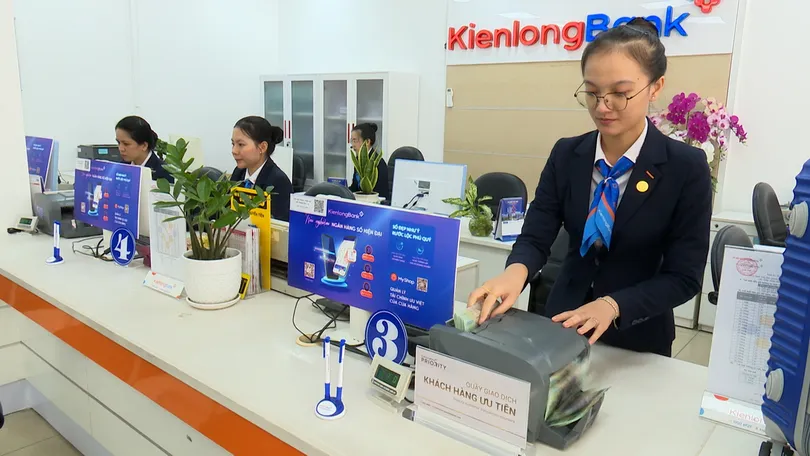
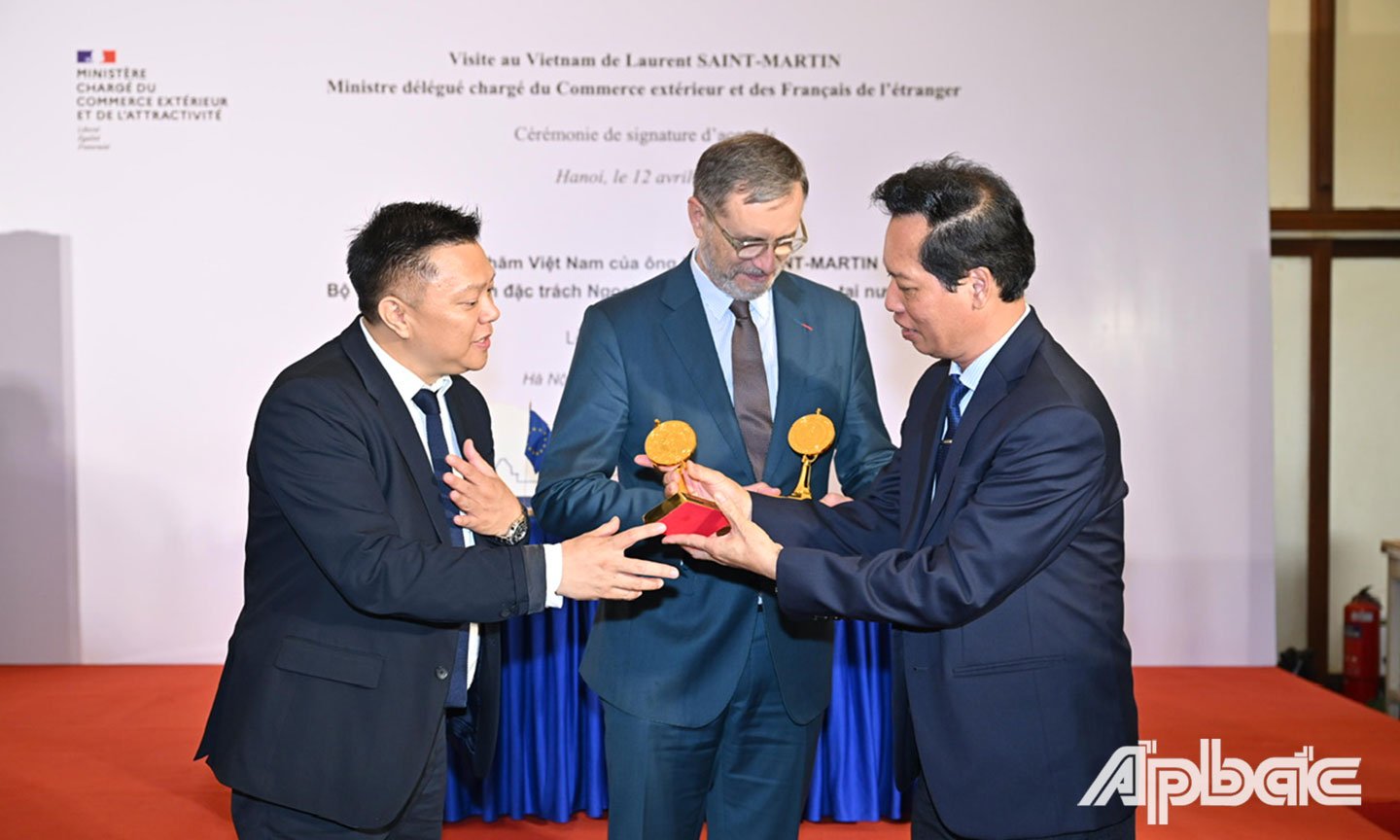
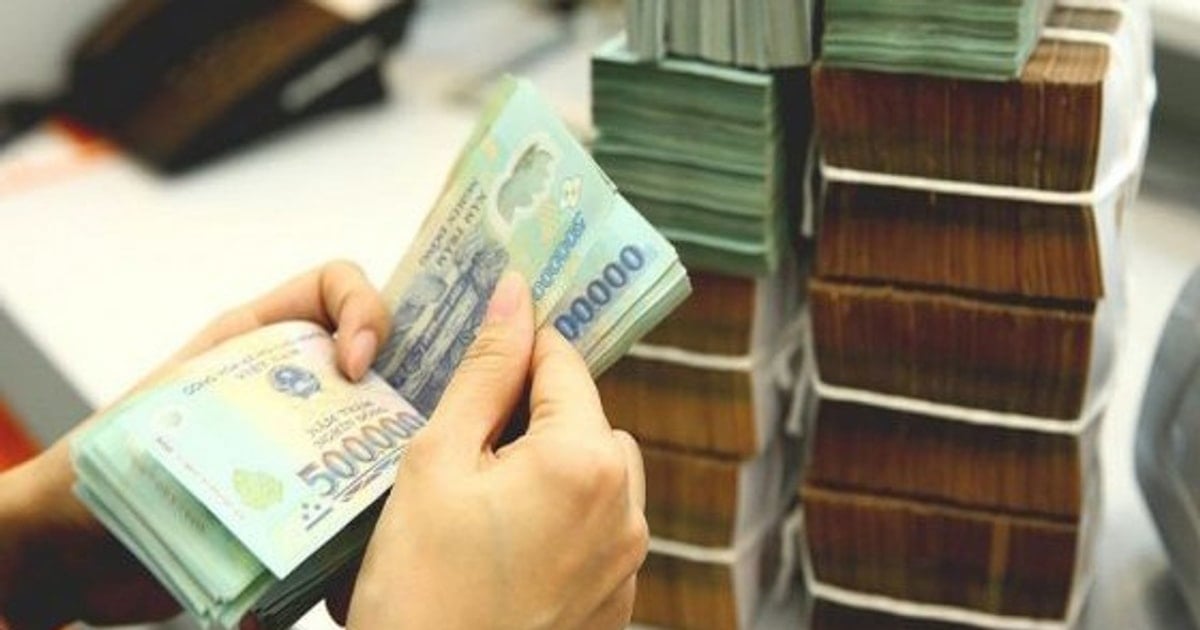
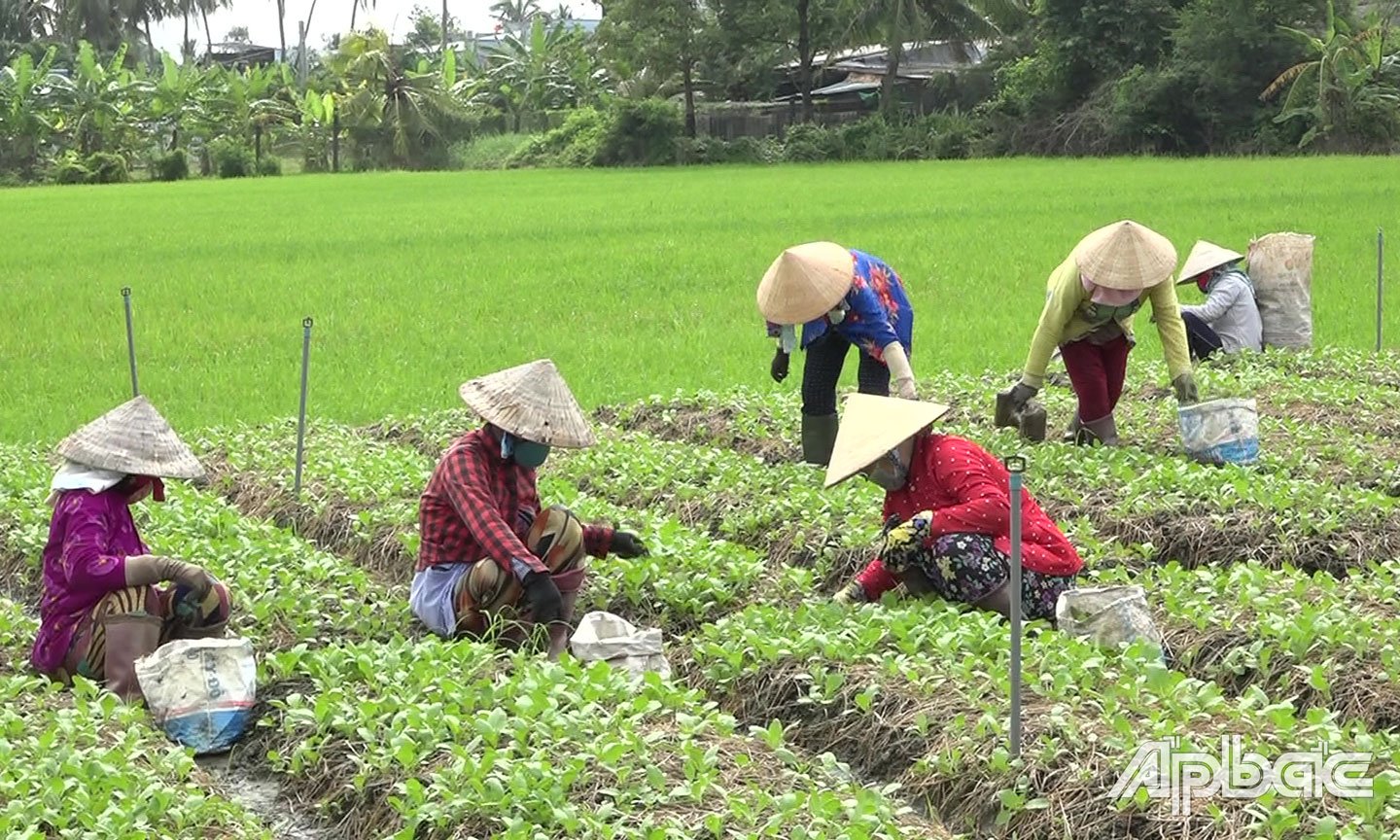
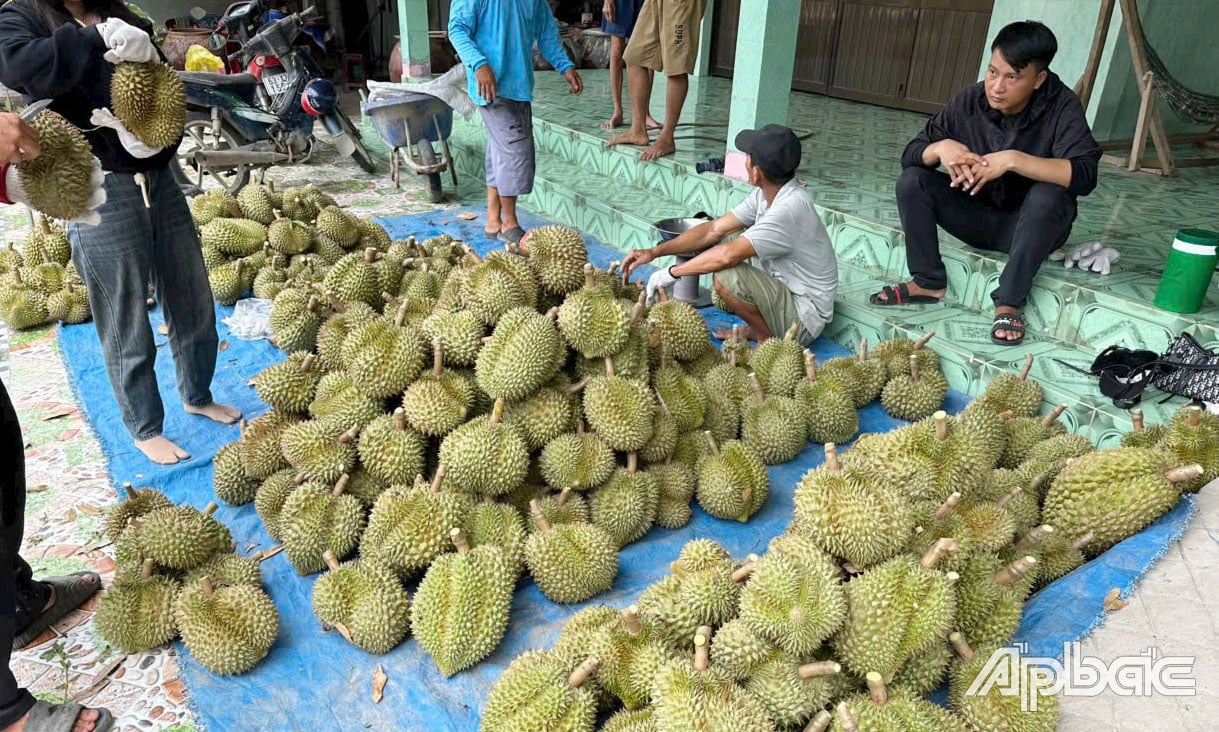



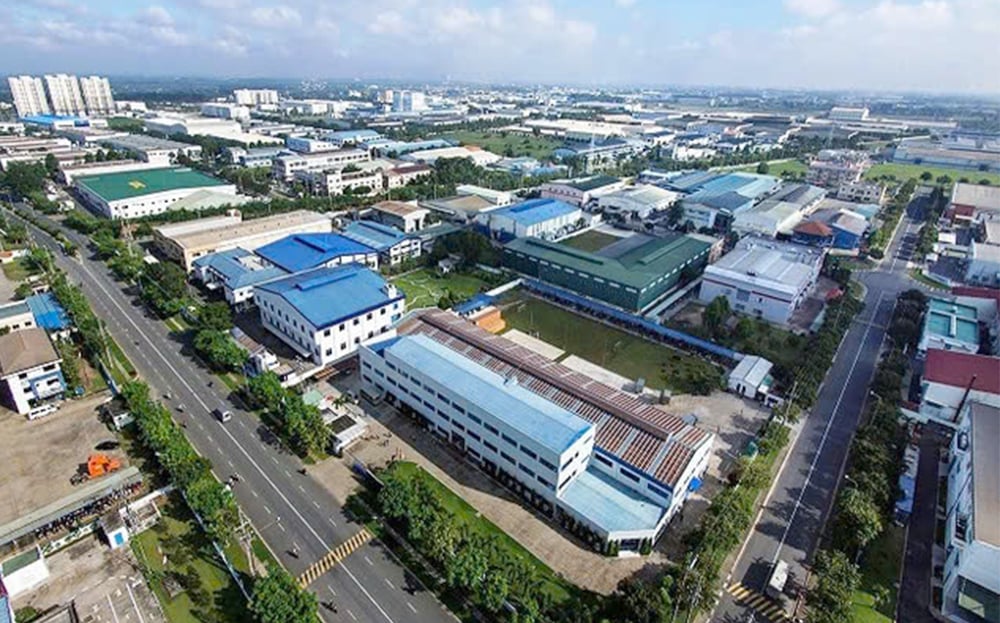
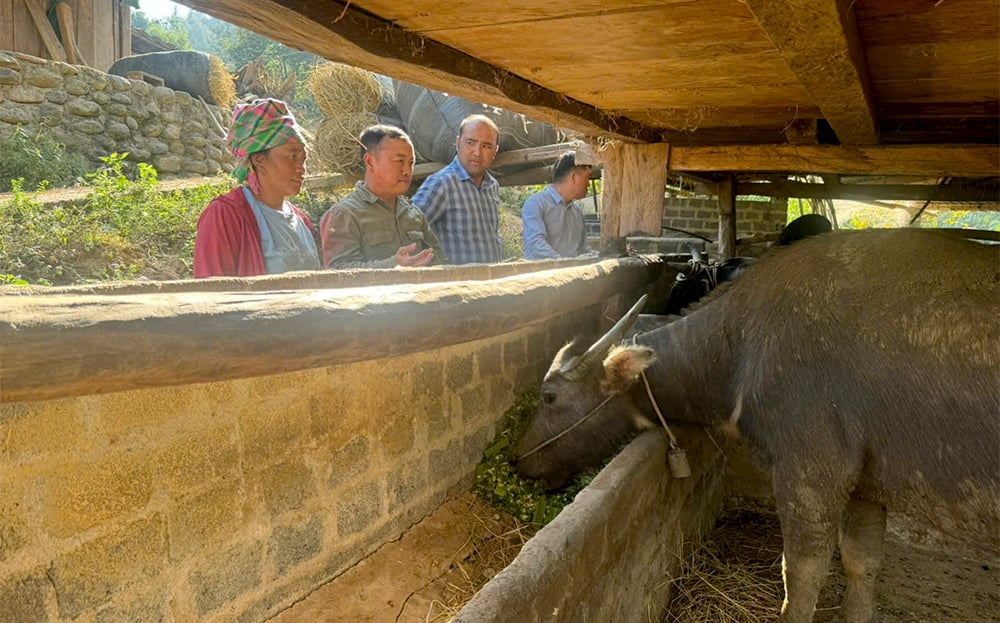
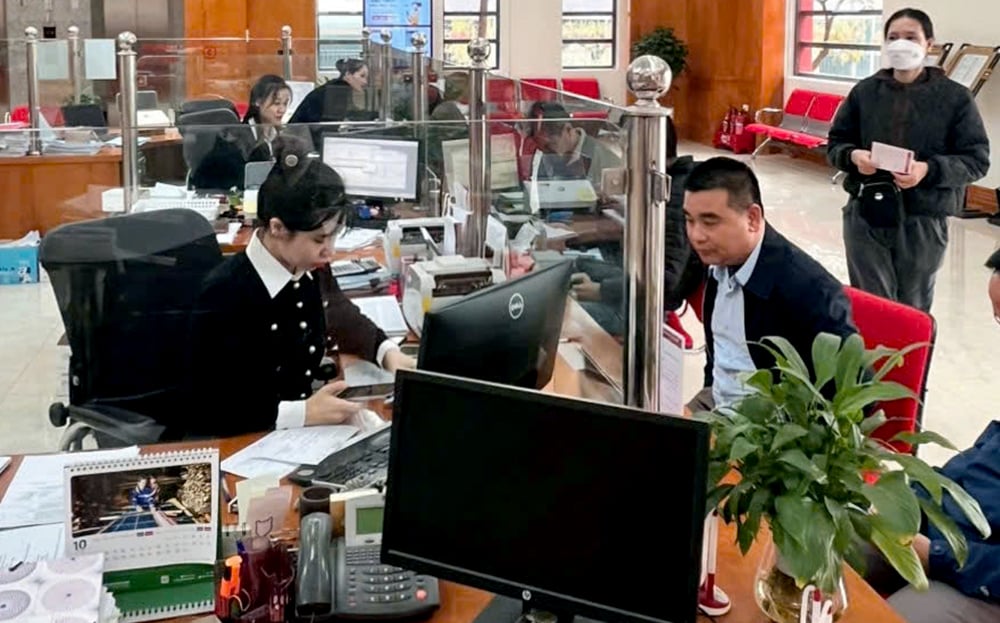
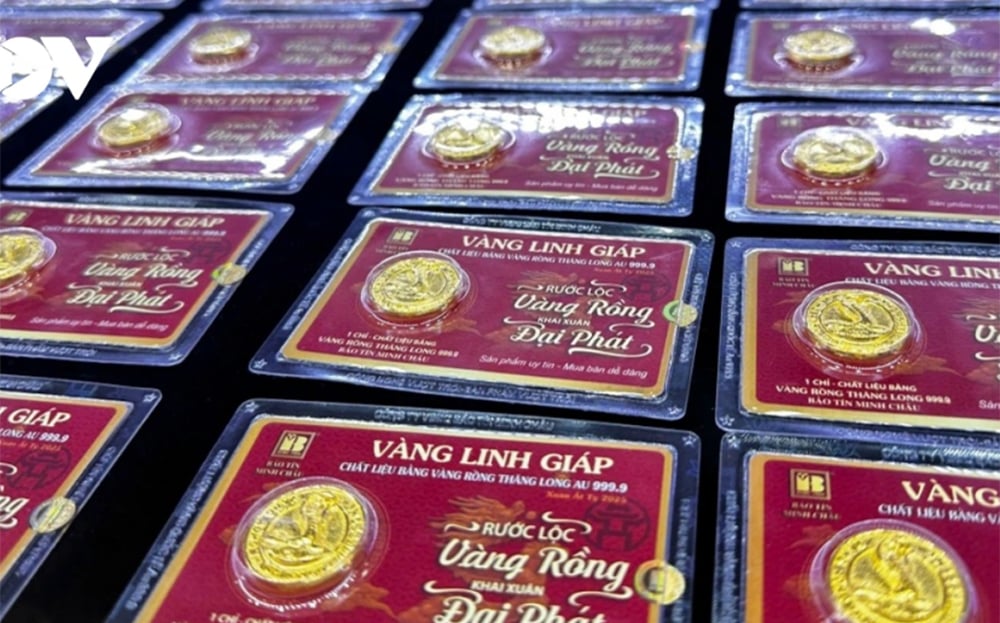

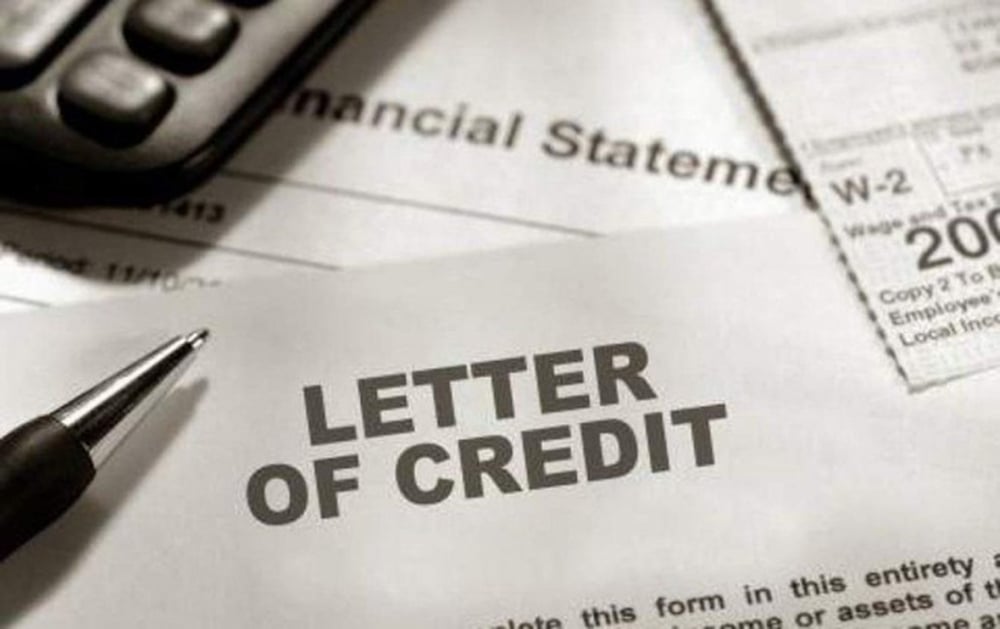














































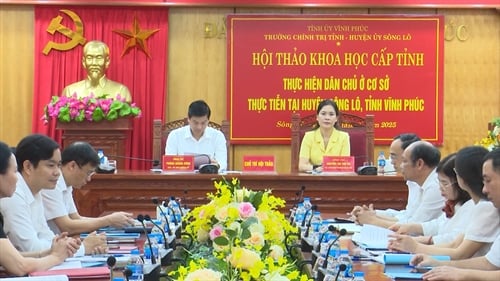

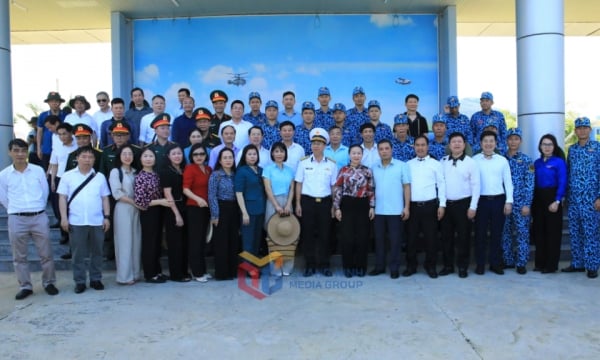
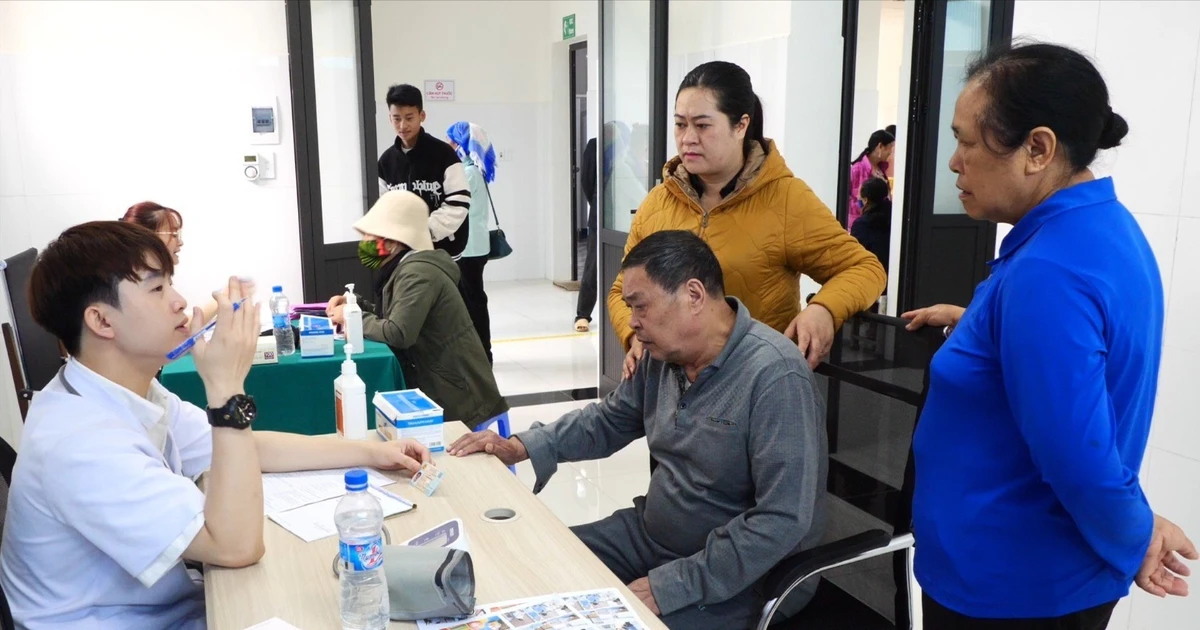













Comment (0)